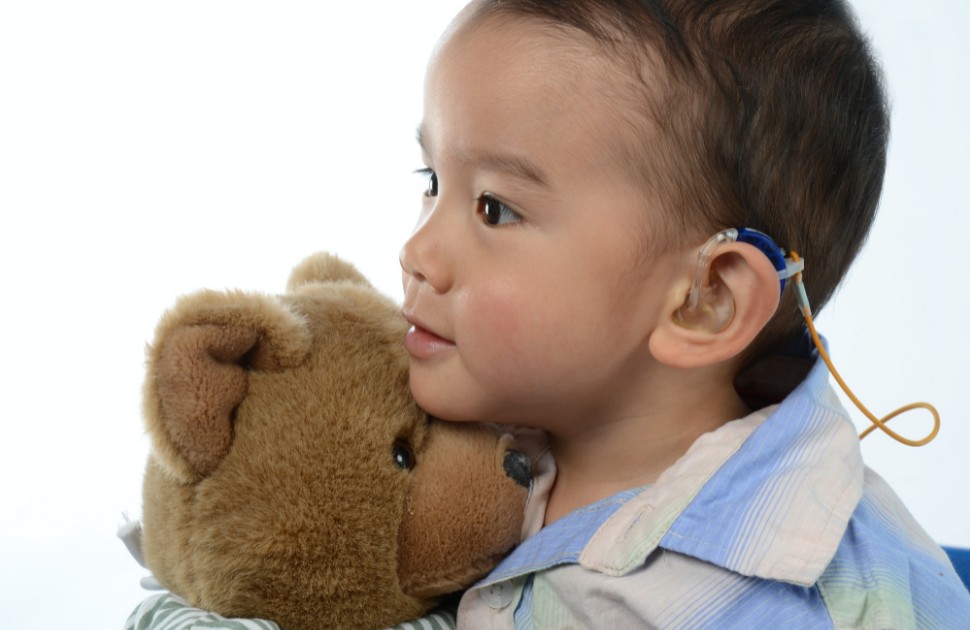What does transition mean?
When youth turn 18, they must move from care at CHEO to care in the adult health care system. Youth with chronic medical conditions will need to adjust from the child and family centred approach at CHEO to a patient centered approach in the adult system. To make sure you’re ready for this change, we’ve developed a transition program to help you prepare.
This change isn’t a simple transfer. This transition is a gradual process over time. During this process, we’ll help you to:
- Become more knowledgeable about your illness
- Take a more active role in your health care
- Develop skills so you can take care of yourself
What is my role?
Check out our Transition to Adult Care video:
As you get older, we’ll ask you to take part in your health care, in a way that’s appropriate for your age. We’ll give you tools to help you figure out which skills you already have, and skills you need to work on (with your family’s help). You’ll find that the support of your family during this transition will be really helpful.
Transition to Adult Care Toolkits
General toolkit
- 3-sentence summary
- Birth to 18 years skill list
- Transition readiness checklist for Apple or Android
- Develop your health passport
Complex special needs toolkit
- 3-sentence summary
- Birth to 18 years skill list
- Transition readiness checklist for Apple or Android
- Develop your health passport
MyTransition App
This app is in line with the current tool kit at CHEO.
The MyTransition App is a free tool that can be easily accessed and used by the majority of youth with chronic health conditions, in order to support and improve individual transition of care experiences and health outcomes. The software includes the MyHealth 3-Sentence Summary, MyHealth Passport, and TRANSITION-Q as well as a key contact person from the youth’s treating healthcare team to integrate into one’s healthcare. The app provides an easily and readily accessible central location for young adults to track their transition, keep contacts in one place, and improve communication with their healthcare team.
Download free for Apple iOS or Google Android below:
National Transition to Adult Care Guidelines
The National Transition to Adult Care Guidelines are now available. For more information visit the Children's Healthcare Canada (CHC) website.





